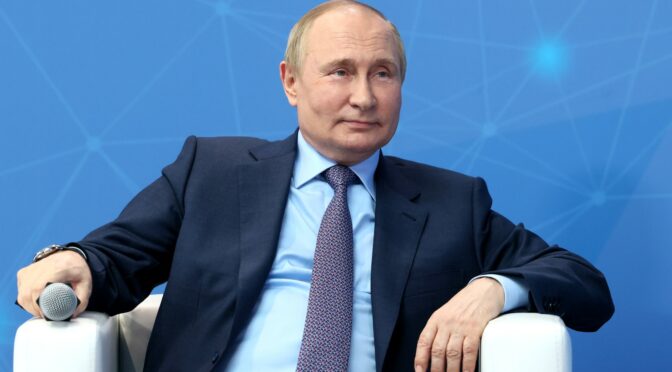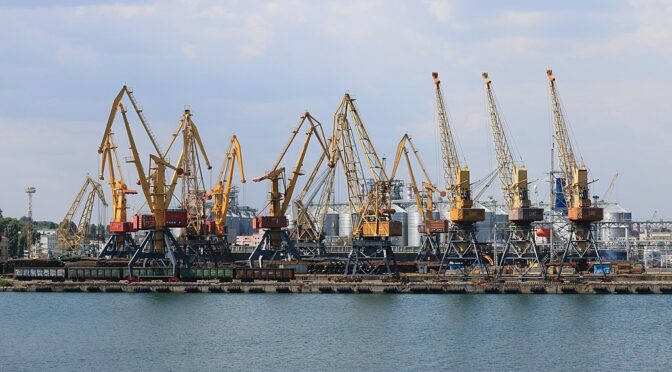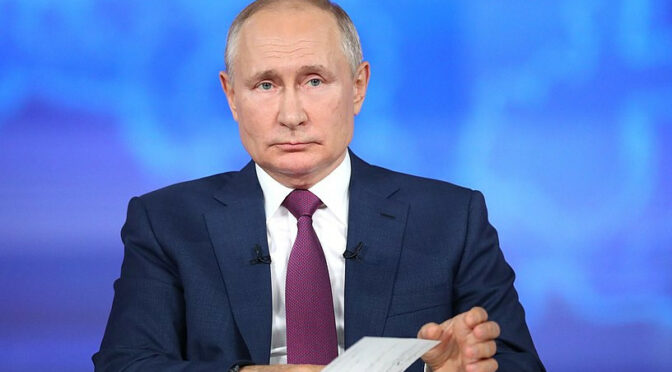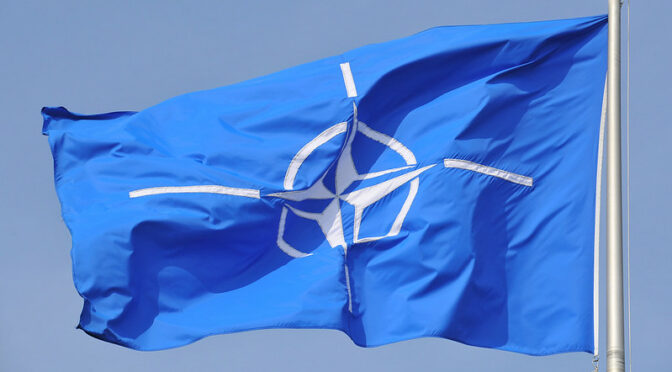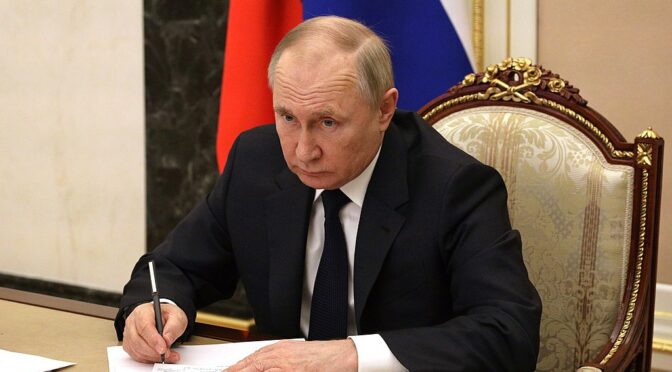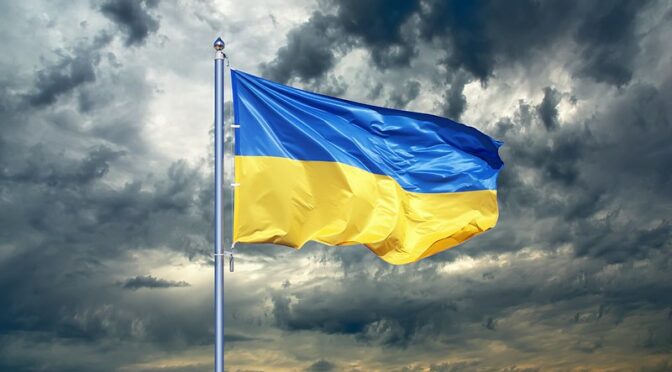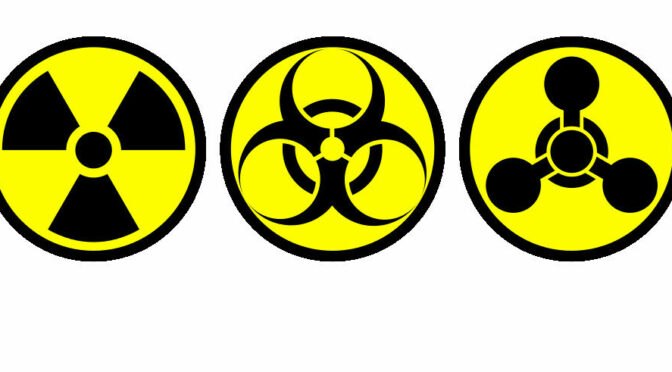Article published by the Gatestone Institute, 8 June 2022. © Richard Kemp
The United Nations Human Rights Council’s Permanent Commission of Inquiry into Israel, due to make its initial report on June 13, has a mendacious mandate worthy of Vladimir Putin himself. Putin went to war to turn into reality his much repeated insistence that Ukraine is an illegitimate state that has no right to exist and is inseparable from the rest of Russia. Similarly, the UN mandate allows it to question the very existence of the State of Israel. Unlike all other UN inquiries, this one has no historic time limit and enables the commission to range right back to the foundation of the state. The commissioners won’t be bold enough to explicitly declare that Israel has no right to exist, but you can be certain that will be the subtext running throughout their report.
An important part of Putin’s vendetta against Ukraine is propaganda and disinformation, and that is the role the UNHRC has also allotted itself in the campaign against Israel. The actual fighting is done by Hamas and their henchmen, backed and supplied by Putin’s ally Iran. But even before the notorious 2009 Goldstone Report, the UNHRC justified and encouraged Hamas violence, and that has played a crucial role in efforts to vilify and isolate Israel as well as incite greater bloodshed in the Middle East and attacks against Jews around the world.
Like Putin in Ukraine this year and in 2014, Hamas has initiated a series of unprovoked violent attacks against Israel. The latest major wave, in which it launched over 4,000 missiles against Israel’s civilian population in May 2021, was the premise for the UNHRC’s current inquiry, although of course Israel’s self-defence rather than Hamas’s aggression is the focus of their ire. The scale of the Gaza conflict and the relative strengths of the two sides is completely different, but just like Putin in Ukraine, Hamas’s war against Israel aims to conquer the territory of a sovereign democratic state that it believes should not exist.
The Hamas Covenant explicitly claims that every inch of Israel’s land belongs to Muslims. This is echoed in the Palestinian National Charter, the founding document of the PLO which controls Mahmoud Abbas’s Palestinian Authority. The slogan ‘from the river to the sea’, familiar from anti-Israel protests and university campuses around the world, means that the Jewish people have no right to nationhood anywhere from the Jordan River to the Mediterranean Sea.
Both Hamas and Putin’s Russia, like most dictatorships, habitually plead self-defence as their justification for aggression. Putin pretends that NATO is a threat to Russia, yet he understands it is a defensive alliance that has no hostile intent; Hamas claims Israeli aggression while knowing that Israel would not and has never used force except in defence of its sovereign land and people. Just as Putin describes Continue reading →

